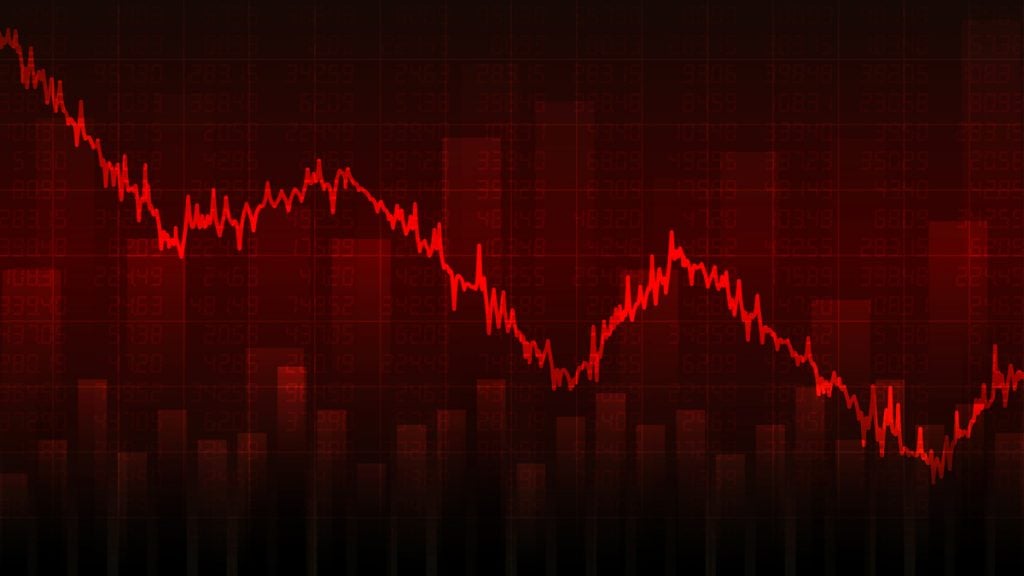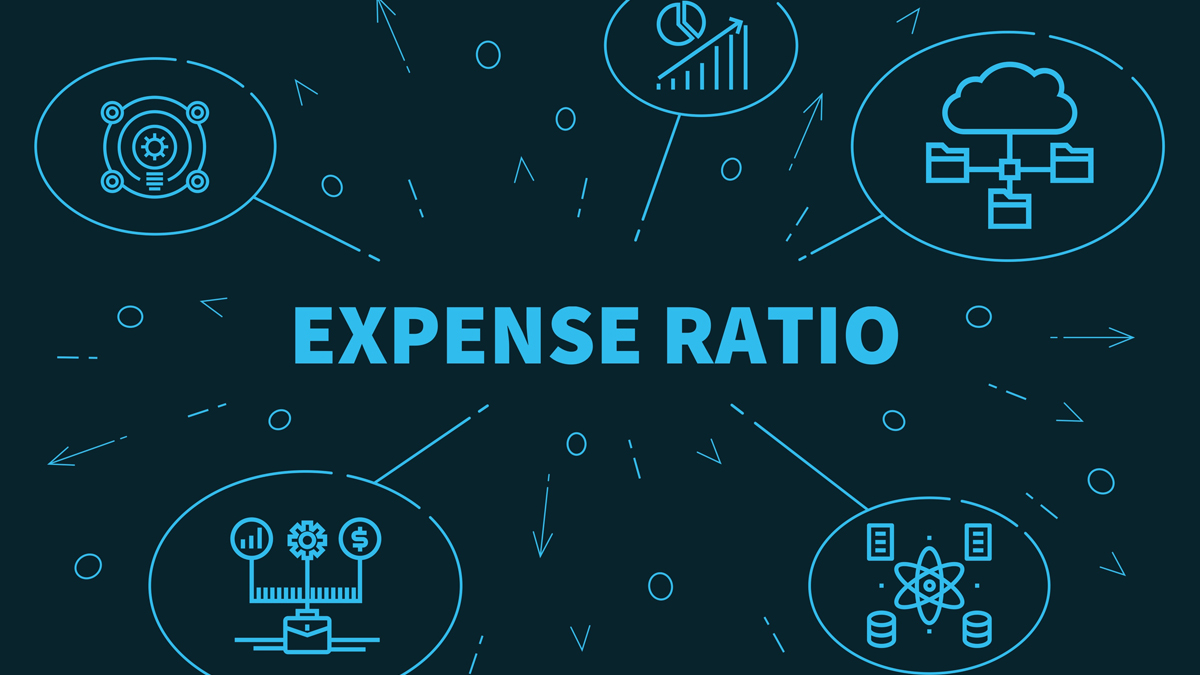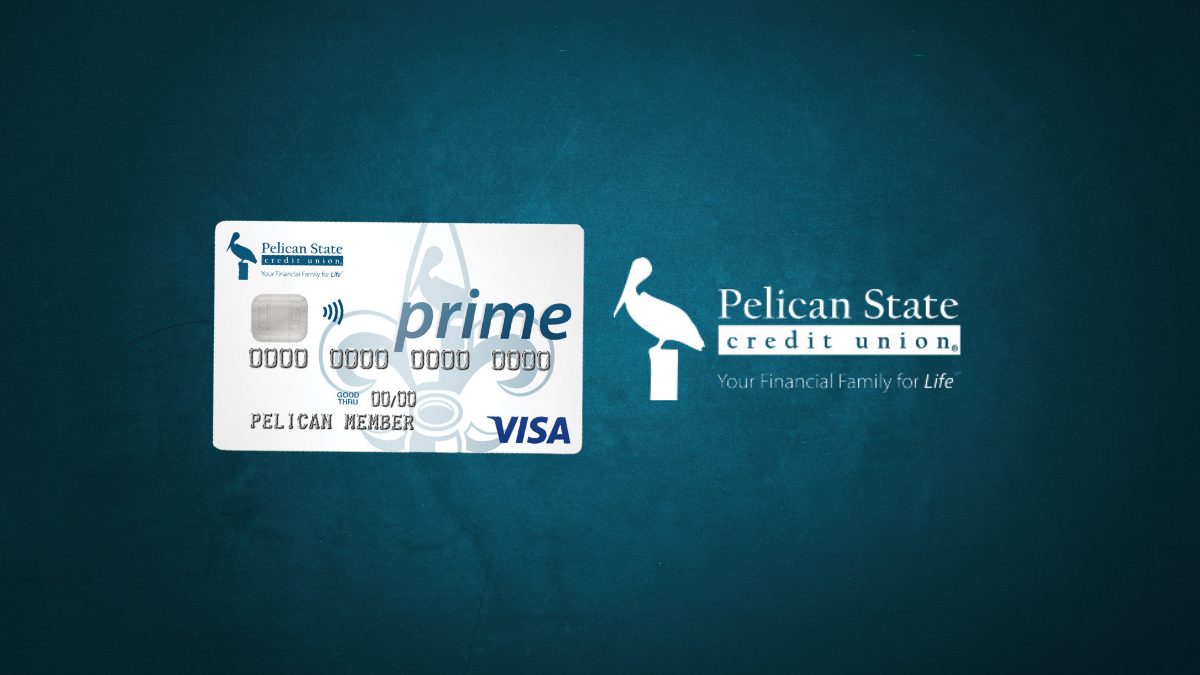Financial Education
Bear market: what is it in investing terms?
A bear market is defined by a prolonged drop in investment prices. Read on to find out what causes them, how they work, and what you can do to protect your investments!
Advertisement
What is a Bear Market and why it matters

If you’re new to investing, you may be wondering what is a bear market and how it can affect your investments. In the financial world, a bear market is a time when stock prices are falling, and there is pessimism about the future. This can be a scary time for investors, as their portfolios may take a hit.
But it’s important to remember that bear markets always come to an end – and usually when no one expects it. So don’t panic if you find yourself in the middle of one, and most importantly, don’t sell out when things look bad. History has shown that those who stick it out usually come out ahead in the long run.
In this article, we’ll look at what a bear market is and explore some tips for surviving one if you’re already invested. So, keep reading if you want to learn all about it!

Learn more about the different types of income
Learn about the 3 most common types of income and how you can use them to improve your finances!
Learn what is a bear market with our tips: is it good or bad?

A bear market is a time when there is a significant decline in the stock market. The term “bear” comes from Wall Street, which means to sell short. It will often occur when the economy is weak, and investors are selling off their stocks because they don’t believe that the company will do well in the future.
On average, bear markets last about 18 months. But that doesn’t mean there’s an exact timeline you can follow. Each market is different, and some might last longer or shorter than others.
It can be frightening for most, but it’s important to remember that markets always go up and down, and eventually, the market will rebound. Many investors see bear markets as an adverse event, but there can be some benefits to these periods of market downturn.
If you’re invested in stocks, it’s best to stay calm and hold onto them during this time. Otherwise, you could miss out on some good investment opportunities.
You will be redirected to another website
You’ll receive messages for less than 1 week, with a maximum of 1 message per day. You can unsubscribe anytime by replying STOP. By submitting this form, I confirm that I am 18+ years old and agree to the Privacy Policy and Terms and Conditions. I also provide my signature, giving express consent to receive informational messages via automated emails, SMS, MMS text messages, and other forms of communication. Message frequency may vary as part of our good-faith effort to respond to your inquiry. Message and data rates may apply. Text STOP to cancel. I understand that my consent to receive communications is not a condition of purchase and that I may revoke my consent at any time.
Stocks do well in a bear market: learn which type you should choose

A bear market is a time when the stock prices overall are dropping. You might worry that this means you should avoid stocks altogether. But some types of stocks can do well in it.
Below, you’ll learn about which type of stocks tend to hold their value or even increase when the market is down. That way, you can make informed decisions about your investment portfolio and weather a bear market with confidence.
Index funds
Investors say that one lesson they’ve learned from past bear markets is that buying index funds at periodic intervals through a 401k will help you profit once the market turns back around.
There’s a high risk of your 401k being cut in half by the end of the bear market. However, the shares you bought on the way down will become much more profitable when the market turns around and starts climbing higher.
The recommendation is to not go all-in at once but to keep investing small amounts constantly and in regular intervals.
Investing in short and long-term puts
Buying short and long-term puts on major indices is also a good strategy if you feel like a developing bear market. You might need special access privileges with your brokerage to use this tool. That is because trading derivatives usually come with margin requirements.
This option has a fixed time length before it expires, has a specific selling price, and represents the rights for 100 shares. If you choose this route and buy puts on the Dow Jones or Nasdaq and are hit with a bear market, your puts will gain value as the indexes fall.
Sell Naked Puts
Naked puts are puts that other investors have interest in buying. In a bear market, puts are a valuable product, and you can exchange them for cash premiums.
When selling a put contract, the hope is for it to reach its expiration worthless, or at least above the strike price. That way, you end up getting more profit by keeping the premium.
You are the receiving end of a secondary transaction by selling naked puts. Most experienced investors recommend that you sell short-term puts on big companies that pay dividends. Even during a bear market, stocks won’t fall forever, and there will be periods when prices will rise.
When that happens, you can get profit from short-term put sales. But it’s important to note that if the market continues to fall, you can suffer significant losses to your portfolio.
Find assets with increasing prices
Perhaps one of the most critical parts of surviving a bear market is doing your research. Look for stocks and sectors that went up in prices or held their own when the market was going down.
Precious metals, like gold, usually outperform. Food and personal care, called “defensive stocks,” typically do well. Even bonds can go up as the stock market falls. Other segments like utilities, health care, and real estate can perform adequately while other sectors devalue.
There are many websites for anyone interested in finding out which segments outperform others. You can keep track for a while and then allocate some of your capital to those sectors.
And if you’re going to invest your money during this type of market or prepare your portfolio for one, you should know everything that can impact your profit. Follow the link below to learn about the expense ratio for mutual funds and why it’s so important.

What is expense ratio for mutual fund
Learn what is expense ratio for a mutual fund and its importance when investing your money!
Trending Topics

Rewards credit cards: learn their pros and if they are worth it!
Learn about the pros of credit card rewards and how you can use them to save money. Also, are rewards credit cards worth it? Find out here!
Keep Reading
10 different types of credit cards: and how to choose yours
Choosing the right credit card can be overwhelming. This guide breaks down 10 different types of credit cards. So, check it out!
Keep Reading
Voyager Digital halts all trading services
According to a statement released Friday afternoon, Voyager has paused customer trading, deposits, and withdrawals. Read on for more.
Keep ReadingYou may also like

What is the FHA rate: an easy guide!
Before getting a subprime mortgage loan to buy your first house, learn what is FHA rate guide. It will give you a way better deal.
Keep Reading
Credit Saint review: repair your credit with confidence
Credit Saint review helps you rebuild your credit score. Learn what the pros and cons of this option are and how it works.
Keep Reading
Credit limit of up to $35K: Pelican Prime Visa Review
Are you ready to simplify your credit card experience? Then read our Pelican Prime Visa review. Access your FICO Score for free!
Keep Reading